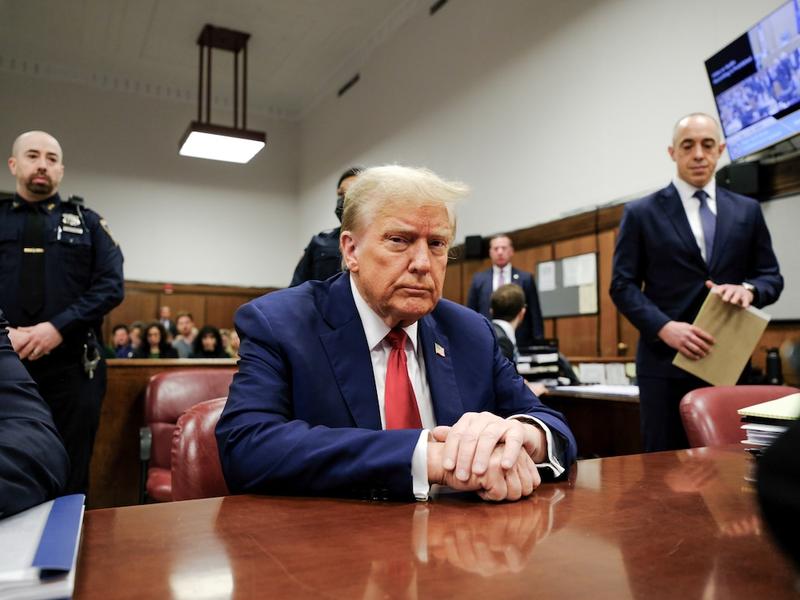
The process of rating Senate races--or any race for that matter--is a mix of science and art. There more science--quantitative data like polling, voting patterns, candidate quality and fundraising--there is in the equation, the easier it is to rate a race. But, when there isn't much hard data or a set of conflicting factors, the process becomes much more dictated by art--taking everything we know about the political environment, Senate races generally, the specific incumbent and challenger, voter behavior and political precedent to come up with a set of assumptions that we believe will dictate the outcome of a race.
It is art that primarily dictates race ratings in wave elections like 1994 and 2006. In cycles like that, one party simply gets the benefit of the doubt, even if the science doesn't always support such an assumption. And, art also dictates knowing when the circumstances of an election are so unique that there is no precedent--the current presidential race comes to mind--and analyzing such an election requires suspending our belief in everything we know about politics. In short, it's



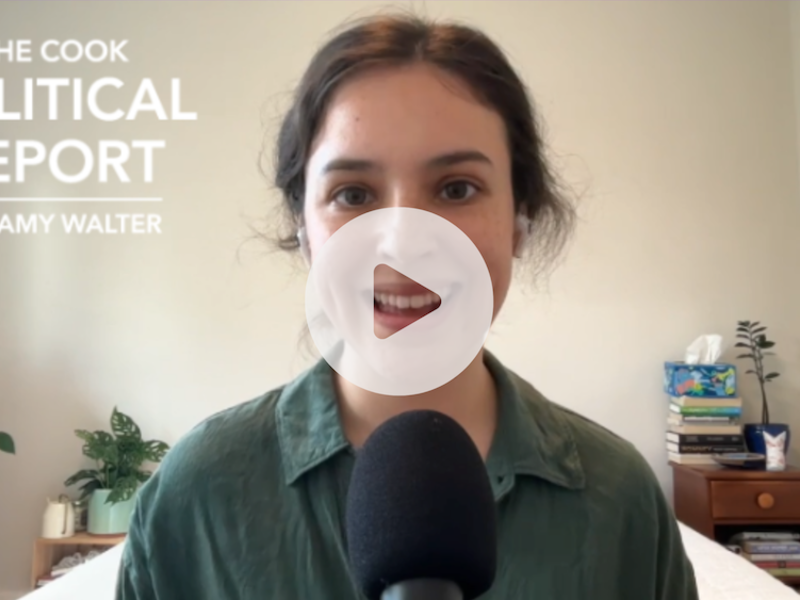

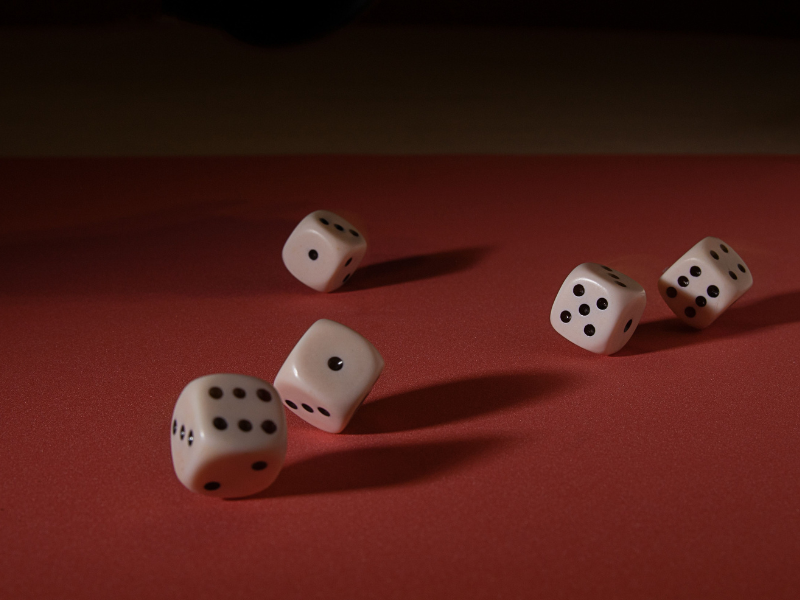

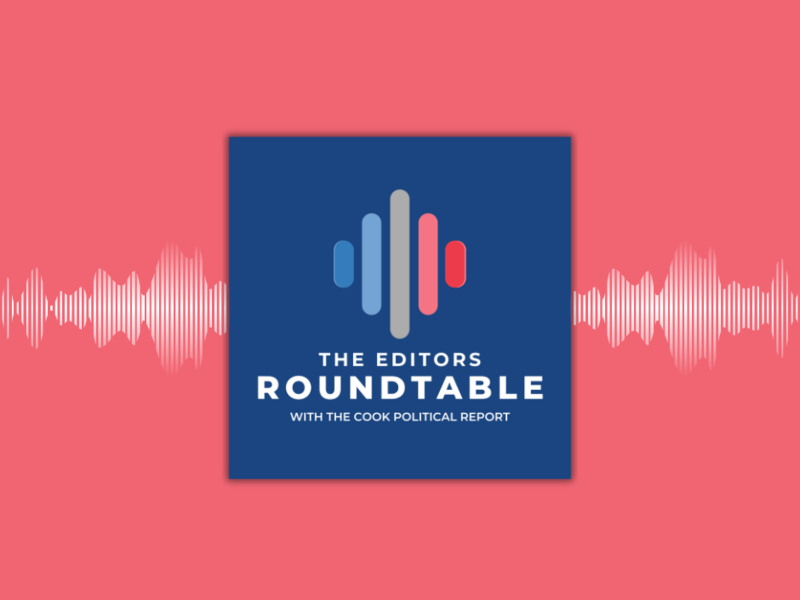
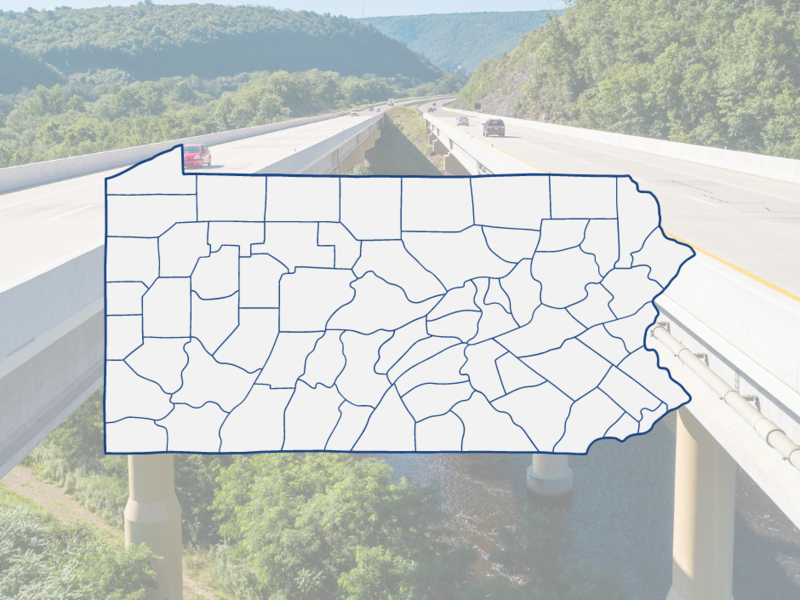
Subscribe Today
Our subscribers have first access to individual race pages for each House, Senate and Governors race, which will include race ratings (each race is rated on a seven-point scale) and a narrative analysis pertaining to that race.